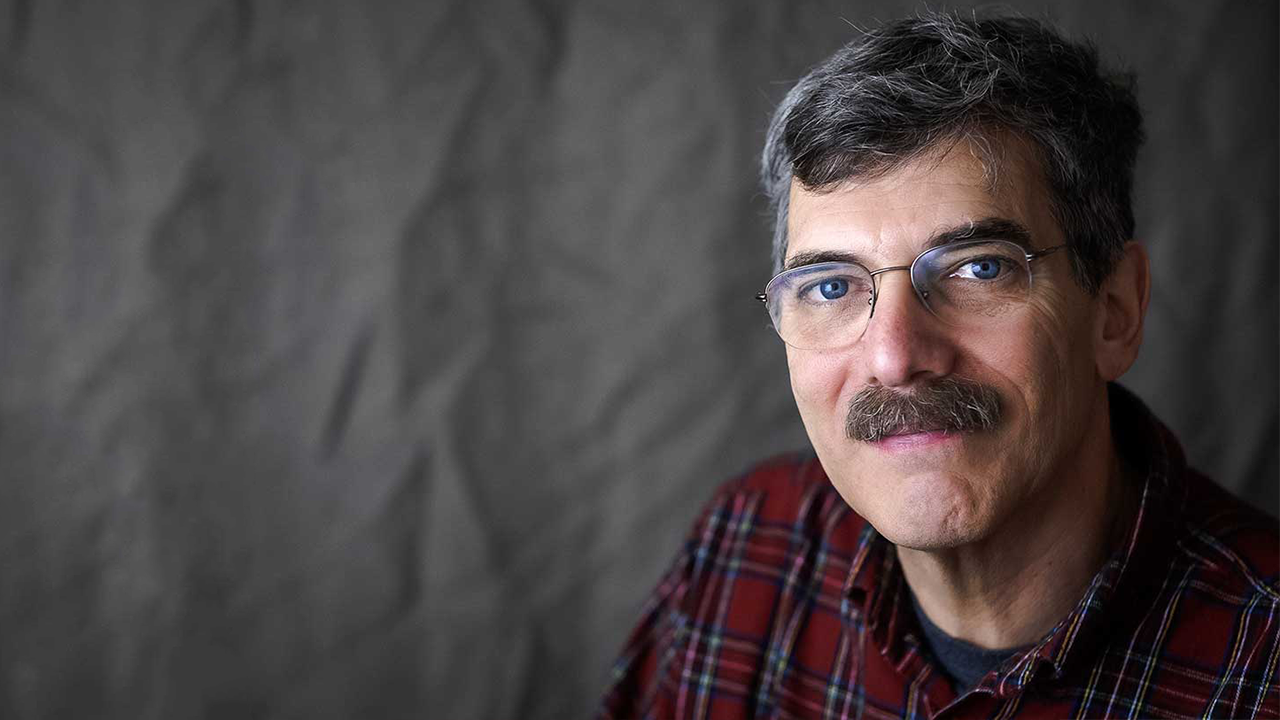As a child, Charlie was interested in all sorts of mechanical and electrical things. Before coming to CAST, he worked at the Museum of Science in Boston and afterward on wired and wireless voice communications systems, particularly on large Public Safety systems. Helping others and solving problems for the general good have always been motivators for Charlie.
Charlie had been doing technical work for many years by the 1980s, and he was intent on changing careers, so he was working on an undergraduate degree in literature. For a time, he thought about continuing in English Lit., but his advisor helped him realize that it wasn’t the right fit. He recommended looking into the Ed. School at Harvard. Charlie entered the master’s program there the following year, thinking that he might teach high school English. His fieldwork in a regional high school outside of Boston brought him back to the reality of what high school had been like, and he decided that he didn’t want to work in that environment.
Fortunately (like many at CAST), Charlie decided to take David Rose’s course on Universal Design for Learning. This course, along with one or two others, opened up the possibility of combining his technical, educational and humanistic interests. Those courses gave him a framework for better understanding of how poorly formal education deals with individual differences, and it helped him realize that educational systems should adapt to the individual—not the other way around.
After finishing at HGSE, Charlie worked as an intern during a CAST summer institute at Harvard, and then become an employee.
In the past, particularly when CAST was working with individuals, Charlie worked on Text-To-Speech hardware, software development and adaptive devices—like the universal adjustable chin switch and accessible (scanning access) software development.
Contact Information
Education
Ed.M., Harvard Graduate School of Education
B.A., Tufts University
